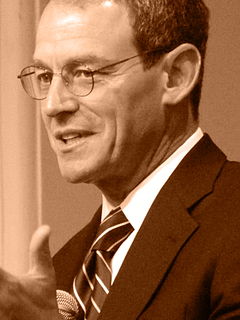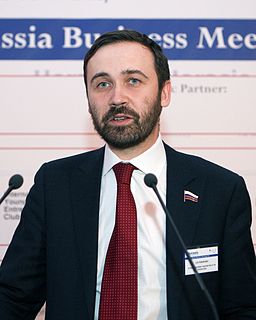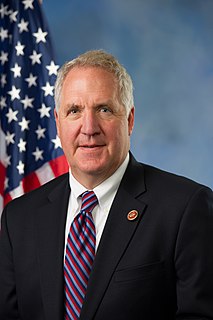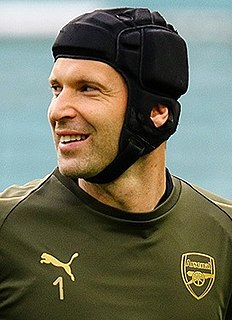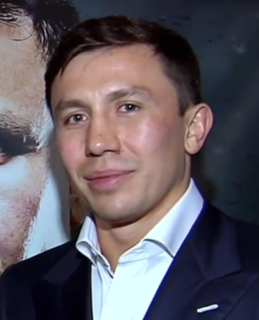A Quote by Daniel Silva
After the fall of the Soviet Union, if you start the clock, then 47 journalists, reporters, cameramen, photographers have been killed in Russia since the fall of communism. That makes it the third most deadly country on Earth to practice journalism. That's not a record to be proud of.
Related Quotes
Russia can fall apart. It's not because of the oil prices ... It's because what sticks a country together is a common interest of people. It has to be economically and socially profitable - beneficial - for people to be together. They should understand how they benefit from a large country. And if they start to feel like a large country is a source of problem, then the country collapses as the Soviet Union collapsed.
25 million of Russian people suddenly turned out to be outside the borders of the Russian Federation. They used to live in one state; the Soviet Union has traditionally been called Russia, the Soviet Russia, and it was the great Russia. Then the Soviet Union suddenly fell apart, in fact, overnight, and it turned out that in the former Soviet Union republics there were 25 million Russians. They used to live in one country and suddenly found themselves abroad. Can you imagine how many problems came out?
You know, we did a good job in containing the Soviet Union, but we made a lot of mistakes, we supported really nasty guys, we did some things that we are not particularly proud of, from Latin America to Southeast Asia, but we did have a kind of overarching framework about what we were trying to do that did lead to the defeat of the Soviet Union and the collapse of Communism. That was our objective. We achieved it.
The world has witnessed the rise and fall of monarchy, the rise and fall of dictatorship, the rise and fall of feudalism, the rise and fall of communism, and the rise of democracy; and now we are witnessing the fall of democracy... the theme of the evolution of life continues, sweeping away with it all that does not blossom into perfection.
Back in 1956, we signed a treaty and surprisingly it was ratified both by the Supreme Soviet of the Soviet Union and the Japanese Parliament. But then Japan refused to implement it and after that the Soviet Union also, so to say, nullified all the agreements reached within the framework of the treaty.
